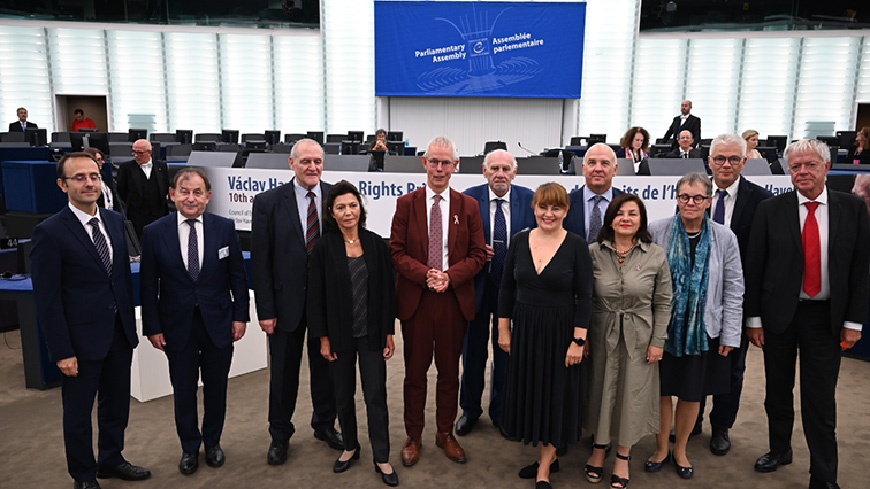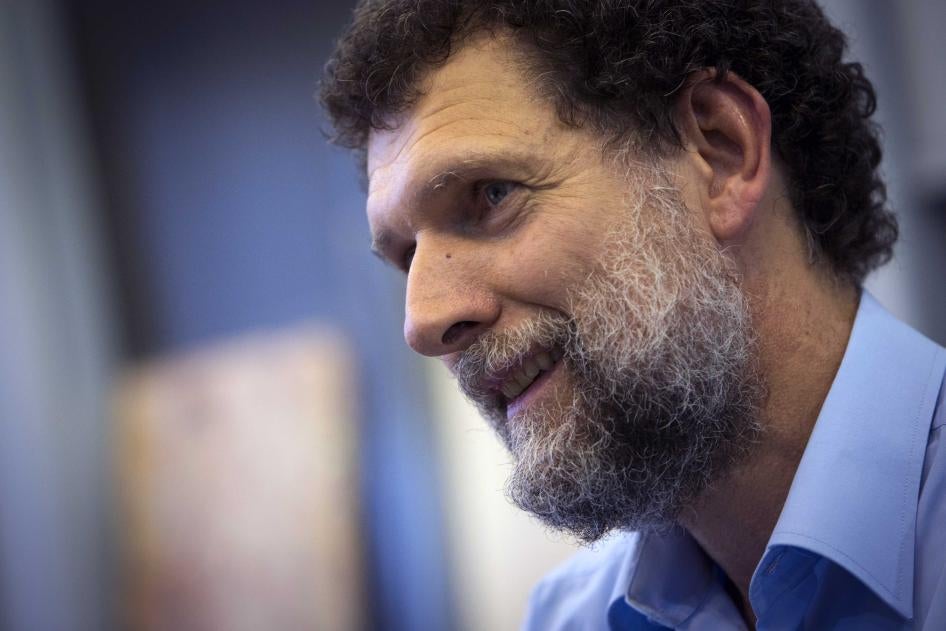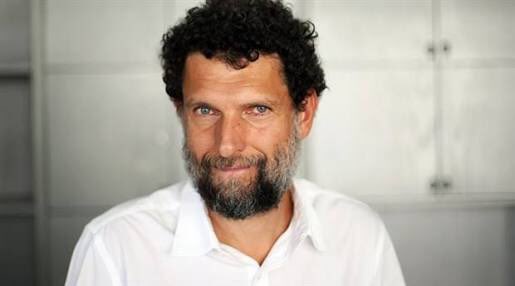By Kanstantsin Dzehtsiarou, of the University of Liverpool wrote 16 August 2022 a piece: stating that “the Range of Solutions to the Russian Cases Pending before the European Court of Human Rights [are]: Between ‘Business as Usual’ and ‘Denial of Justice’
Exactly in a month time, on 16 September 2022, Russia will no longer be a party to the European Convention on Human Rights (ECHR or Convention). See also: https://humanrightsdefenders.blog/2022/03/11/russia-refuses-to-further-participate-in-the-council-of-europe/. The European Court of Human Rights (ECtHR, Court) will have no jurisdiction over human rights violations that will happen after that. It does not mean that the ECtHR will stop accepting applications against Russia immediately on 16 September 2022 as often victims of human rights violations have to go through national legal remedies and this can take months or even years. It will be mostly for the Court to decide how to treat the applications against Russia both pending now and those arriving after 16 September 2022. The Court already had at least five months to clarify this, but no publicly available decision has been taken yet and it will perhaps be a last-minute compromise between judges. The reason for this delay is that this question is complex in terms of its consequences for the Court, for the victims of human rights violations and for the Council of Europe as a whole.
As of 30 June 2022, there were 17,550 pending applications from Russia. Although the vast majority of these cases are most likely repetitive or inadmissible, there are some complex and high-profile cases including over a dozen of inter-state applications. So, what should the Court ‘do’ with the pending applications? The ECtHR has a few plausible solutions to this challenging problem:
1. ‘Business as usual’
The Court can continue dealing with all pending Russian cases. ..However, dealing with more important meritorious applications will be much more difficult within the ‘business as usual’ model for the following reasons: first, it is clear that the Russian authorities will not collaborate with the Court. ….
There will be no sitting judge from Russia and it is highly unlikely that anyone from the list of ad hoc judges will be willing to sit. So, the Court will have to decide cases without the Russian judge and without the input from the respondent state. A one-of departure from the rule enshrined in Article 24(4) is not perhaps catastrophic but a systematic bypassing of this norm might undermine the legitimacy of the Court’s processes.
The second reason why the ‘business as usual’ model is suboptimal is that it will take a lot of resources from the Court in the circumstances when the budget of the organisation will be significantly reduced by the departure of Russia, who has been a major contributor to the budget of the Council of Europe. The resources spent on the cases from Russia will be arguably taken from other cases in relation to situations where the Court can make a significant and meaningful impact. And this leads me to the final and perhaps the most important reason. The Russian authorities will not implement any of the judgments that entered into force after 16 March 2022. The argument that execution of these judgments can be used as a condition for the return of Russia into the organisation is not particularly convincing as there is no indication that Russia is going to come back any time soon. Moreover, there are plenty of unenforced cases at the moment and the currently available unexecuted judgments pending before the Committee of Ministers can make a solid basis for a conditional return of Russia to the Council of Europe.
Finally, I have to mention that the victim-centric approach would perhaps support the ‘business as usual’ model as in this case the ECtHR will at least confirm that human rights violations have taken place. Having said that, this acknowledgement will not lead to any tangible changes: the applicants will not even receive the monetary just satisfaction from the respondent state. This might increase the feeling of frustration and hopelessness rather than provide any satisfaction.
2. ‘Pick and choose’
Another possible solution to the Russian docket of cases at the ECtHR can be a ‘pick and choose’ model. This way, the Court will select a number of leading cases which would perhaps include inter-state cases, sensitive political cases and the cases exemplifying the structural legal problems in Russia and deliver judgments in these cases.
Within this model the Court can use the so-called Burmych scenario. The judgment in Burmych v Ukraine was a follow-up judgment to the pilot case of Ivanov v Ukraine. In this case the Court ruled that non-execution of the final national judgments is a violation of Article 6 of the ECHR and that the delay in execution should be covered by an appropriate compensation. In Burmych the Court decided that there is no point in keeping producing judgments in clone cases and transferred all applications dealing with the same issue to the Committee of Ministers. Applying this approach to the pending Russian cases, the Court can pick the key complaints on broadly defined themes, then attach similar applications to this leading case and then transfer all of them to the Committee of Ministers without giving separate judgments in each individual case. One of the drawbacks of this approach is that it will cement the questionable principle applied in Burmych as a modus operandi of the Court.
This model would highlight the key problematic areas and give some satisfaction to some victims. It would also be a less resource-consuming than the ‘business as usual’ model but this approach would not be able to solve other problems highlighted in the previous paragraph such as lack of Russian engagement and probably total short-term ineffectiveness of such judgments. It also creates a new challenge: the Court can be accused of a selection bias. The ECtHR will perhaps have to justify why some cases are selected while some others are not.
3. ‘Total freeze’
Total freeze is one of the quicker and more radical solutions available to the ECtHR. The Court can suspend the adjudication of all applications against Russia until the situation changes. The President of the ECtHR has already briefly suspended examination of Russian cases before this suspension was lifted by the Plenary of the Court. This means that suspension is a possible avenue for the Court. This suspension can take at least two forms – either a total freeze of all pending applications or a rejection of all clearly inadmissible applications and then freezing of all meritorious ones. Both of these solutions would save a lot of resources for the Court, it will remove the need for a ‘deemed to fail’ collaboration with Russia and will not require the Court to select the ‘lucky’ applications to deal with. However, no victim will get even moral satisfaction from the fact that the ECtHR found their rights violated but one can argue that this moral satisfaction is not enough for an operation of a judicial organisation. The ECtHR is not an archive that systematises the human rights violations in Russia. It is a judicial institution. The legitimacy of the Court depends on the effective implementation of its judgments and no implementation can be expected from the judgments against Russia.
4. ‘Strike out’
The clearest and the most radical solution would be striking out all the applications against Russia pending before the ECtHR. Pursuant to Article 37(1)c ECHR, the ECtHR can strike out any application for any reason if it is no longer justified to continue the examination of the application. The Convention provides very wide discretion to the Court here. The ECtHR can decide that in the current situation the delivery of judgments will make no impact and therefore all of the applications should be excluded from the list of pending cases. However, this option is not very likely. It was just decided by the ECtHR that the Convention is applicable to Russia for 6 months after Russia ceased to be a member of the Council of Europe. This decision was not the only plausible interpretation of Article 58 ECHR that regulates the denunciation of the Convention. This would have been irrational if immediately after taking this decision, the Court disposed all applications, including of those which were submitted in relation to the violations that happened between 16 March and 16 September 2022. It is also unlikely that the Court would do it for political reasons – it can be seen as a complete denial of justice for a vast number of victims. So, this option is not plausible at least in the short run.
Conclusion
Neither ‘business as usual’ nor ‘strike out’ models are very plausible. It is more likely that the Court will chose some combination from the spectrum between the ‘pick and choose’ and ‘total freeze’ models. In making this decision, the Court will have to weigh the importance of symbolic judgments against Russia and the amount of resources and legitimacy that will be required to deliver these judgments. These resources might be needed in other areas and in relation to other situations.
https://www.echrblog.com/2022/08/the-range-of-solutions-to-russian-cases.html
and
https://www.echrblog.com/2022/09/russia-no-longer-party-to-echr-as-of.html
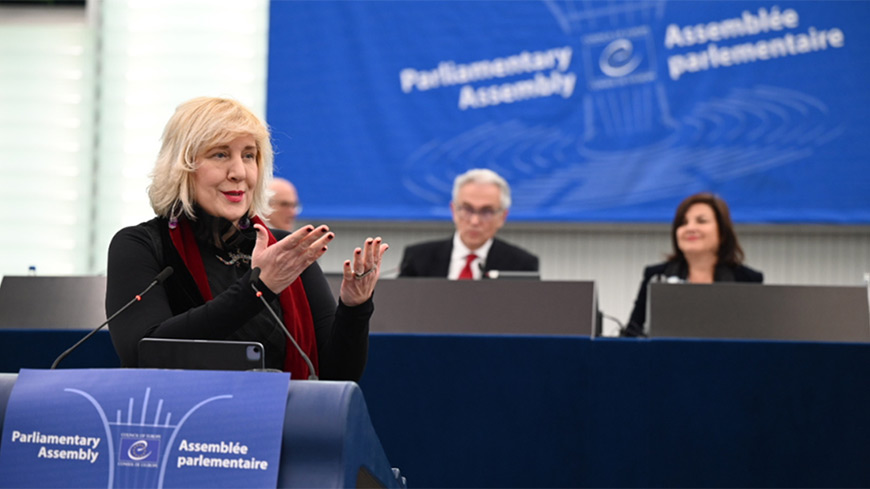
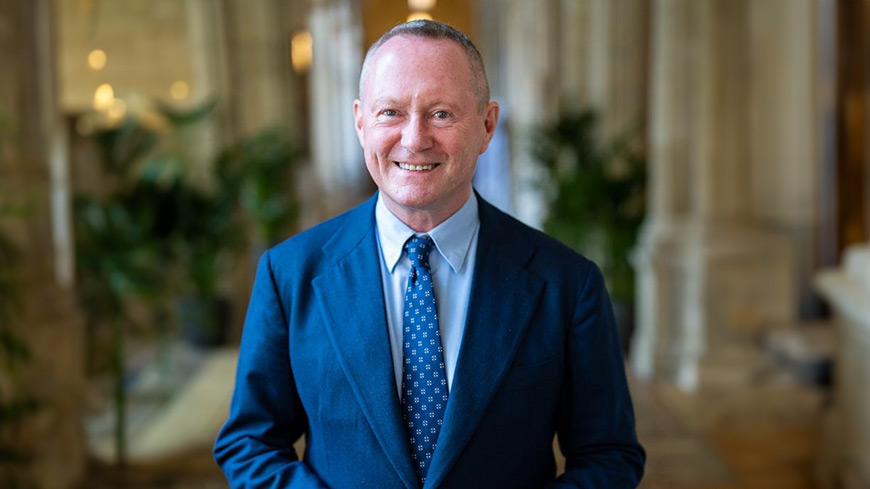
/bnn/media/media_files/7d7279a6fe08cbdd641cda8431af6038216be3c9c100f79beacc07763c194f26.jpg)
